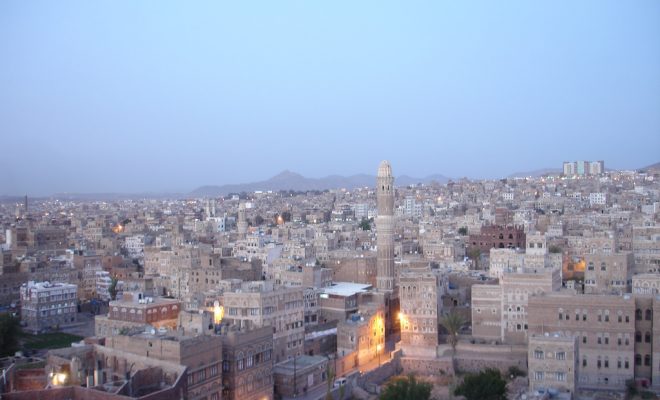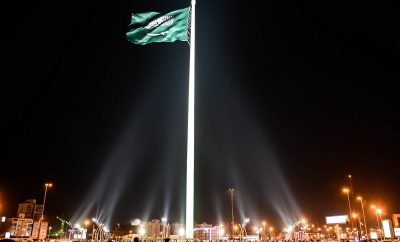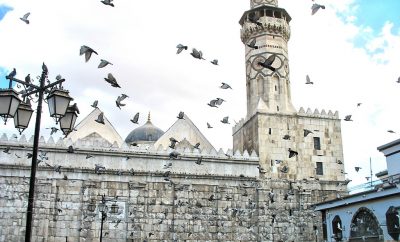 Image Courtesy of [Step via Flickr]
Image Courtesy of [Step via Flickr]
World
Saudi-Led Airstrikes Kill 140 in Yemen on Saturday
Death at a funeral: a horrific prospect. But that is what happened on Saturday in Sanaa, the capital of Yemen, when more than 100 mourners were blown to bits or crushed under a crumbling reception hall. Over 500 more were wounded. Likely the result of Saudi airstrikes, Saturday’s attack could be a turning point in the two-year conflict between the Saudi Arabia-backed government and a rebel group backed by a former president.
According to a statement by U.S. National Security Council spokesman Ned Price, the U.S., which has supported the Saudis with arms and border security, might rethink its position. “U.S. security cooperation with Saudi Arabia is not a blank check,” the statement said. “Even as we assist Saudi Arabia regarding the defense of their territorial integrity, we have and will continue to express our serious concerns about the conflict in Yemen and how it has been waged.”
The conflict in Yemen–which began in 2014, but the Saudi-led coalition joined in 2015–has been a test of the decades-old alliance between the U.S. and Saudi Arabia. Saudi airstrikes have decimated cities across Yemen, which borders Saudi Arabia to the south. According to a United Nations report, nearly 4,000 civilians have been killed since the Saudis entered the battle last March. Approximately 60 percent of those deaths were caused by Saudi airstrikes. The rest were attributed to the rebels and jihadist groups.
Saturday’s strikes came at a time when the government of President Abdu Rabbu Mansour Hadi and his rivals, the Houthi rebel group and forces loyal to the former President Ali Abdullah Saleh, were nearing peace talks. But that prospect seems unlikely after Saturday.
Some of the top leaders who supported the peace talks were killed in the airstrikes. In addition, survivors and opponents of Saudi Arabia are calling for retaliatory attacks.
“They killed and injured several important moderate leaders who were working with them, who wanted a deal,” April Longley Alley, an analyst with the International Crisis Group, told the New York Times. “Now the desire for revenge is high, and militants will be empowered, which puts us in a situation where a compromise might not be possible.”
More signs that peace is a far-off hope came early Morning morning: Saudi Arabia said it intercepted two missiles fired from Yemen toward two cities in the kingdom.








Comments